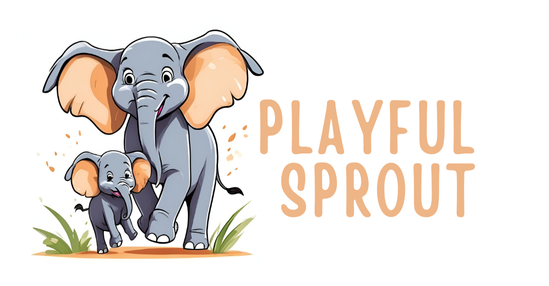If your teen is fascinated by neuroscience, understanding how the brain works, and the mysteries of human cognition, a great way to fuel their interest is through well-chosen books.
In this article, we will look at age-appropriate books that can fuel their passion for the subject.
1. The Man Who Mistook His Wife for a Hat by Oliver Sacks
The Man Who Mistook His Wife for a Hat is a seminal work in the field of neuroscience and is often recommended for anyone looking to understand the strange and mysterious ways the human brain can malfunction. Written by the renowned neurologist Oliver Sacks, this book is a collection of fascinating case studies that explore various neurological disorders. Each story introduces readers to patients who experience unusual conditions—from face blindness (prosopagnosia) to profound memory loss—that challenge our understanding of perception and identity.
In the title story, for instance, Sacks recounts the case of a man with visual agnosia who literally could not recognize his wife’s face, mistaking her for a hat. Through these cases, Sacks explains the workings of the brain in a manner that is both educational and empathetic, making complex neuroscience accessible to a general audience.
Why It’s Suitable for Teens:
- Fascinating Case Studies: Teens with an interest in both science and human behavior will find the case studies in The Man Who Mistook His Wife for a Hat utterly fascinating. Each story reveals how different neurological conditions shape reality in ways that may seem surreal but are grounded in real medical science.
- Age-Appropriate and Thought-Provoking: The book is often recommended for readers aged 14 and up. While it explores some serious medical conditions, Sacks handles each case with sensitivity and respect, making it appropriate for teen readers. The philosophical questions raised—about identity, perception, and what it means to be human—are likely to engage teens on a deeper level.
- Readable and Engaging: Despite covering a range of complex topics, Sacks writes in a clear, engaging style. His ability to blend scientific analysis with compassion makes the material accessible to readers who may be new to neuroscience but are eager to learn.
The Man Who Mistook His Wife for a Hat is ideal for teens who are not only interested in the brain but also in how neurological conditions impact personality, perception, and everyday life. The combination of scientific knowledge and human stories makes it a compelling read that is likely to spark further interest in the field of neuroscience.
2. The Memory Thief by Lauren Aguirre
The Memory Thief by Lauren Aguirre is an excellent choice for teens interested in memory science and medical mysteries. This non-fiction work delves into a series of real-life cases where patients unexpectedly lost their ability to form new memories. Aguirre’s investigative journalism makes this book not just a deep dive into the science of memory but also an engaging narrative that reads almost like a thriller.
Aguirre details the experiences of patients, the impact of this devastating condition on their lives, and the challenges faced by medical researchers as they race to understand the underlying cause of these memory failures. Along the way, readers learn about the role of anesthesia, the brain’s memory systems, and the limits of current medical understanding.
Why It’s Suitable for Teens:
- Accessible Scientific Concepts: Despite its focus on complex neurological issues, The Memory Thief explains scientific and medical details in a way that is easy to follow. This makes it perfect for teens who are curious about how memory works but may not yet have advanced knowledge of biology or neuroscience.
- Age-Appropriate Content: The book is free from graphic or inappropriate material, though it does involve medical risks and emotional distress, topics that may be more suitable for older teens (ages 15+).
- Engaging Narrative Style: The book’s storytelling format will keep readers engaged while offering them a thorough understanding of memory disorders and scientific discovery.
The Memory Thief is an excellent gateway to neuroscience for teens, blending real-world medical cases with the intellectual curiosity that drives scientific progress. It not only educates but also inspires readers to think about the brain’s complexities.
Conclusion
Whether your teen is interested in memory science, neurological disorders, or the broader question of how the brain shapes our experience of the world, these books will offer a fascinating introduction to the world of neuroscience.
By reading these works, your teen will gain a deeper appreciation for the brain’s complexities, learn about real-life medical cases, and perhaps even be inspired to explore a future in neuroscience or medicine.


